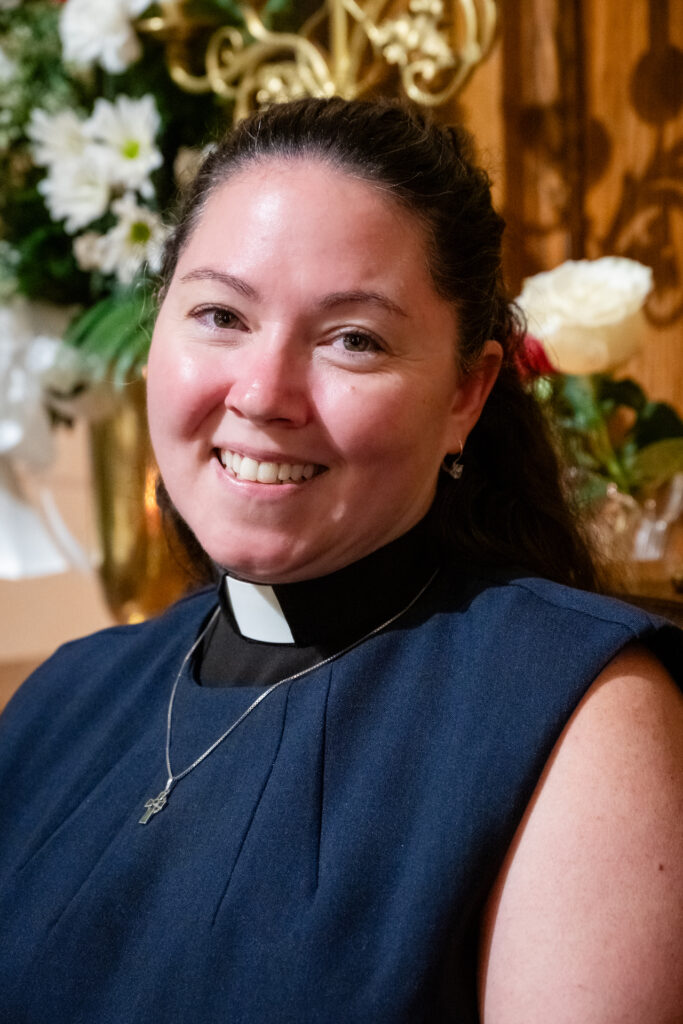Kicking the Can

The Commission for a Renewed Lutheran Church (CRLC) finally released their final recommendations to the ELCA Church Council–and to the larger church, particularly in regards to the 2025 Churchwide Assembly and beyond. In my estimation, it was an intentional kicking of the proverbial can down the road.
Missing from the recommendations to the 2025 Churchwide Assembly are any meaningful DEIA amendments to the ELCA Constitution and by-laws. There is one recommendation seeking to increase the number of under-represented groups at assemblies, but none of the major changes proposed by the DEIA audit.
But that does not mean the CRLC is dropping DEIA. Not by a long shot. In their report, their very first recommendation is “to immediately begin identifying and acting upon mutual accountability measures and compliance incentives across all expressions of the ELCA to ensure the proactive centering of dismantling racism within the denomination. These measures and incentives shall be guided by the recommendations outlined in the Diversity, Equity, Inclusion, and Accessibility (DEIA) Audit and the Strategy Toward Authentic Diversity.” The CRLC further urged the Church Council to have amendment and by-law changes ready at the 2028 National Assembly.
There is the can kick.
But there is a bit of an incongruous note in the commission’s rationale. They say in their explanation, “The commission believes this work can wait no longer.” They even suggest that a special assembly might be needed to implement changes. This is a bit of a head scratcher given that they could have asked for changes to be implemented in 2025. So, why wait?
Perhaps the answer lies in a recommended change in 2025 that has been proposed by the CRLC. Recommendation number 11 is intended to “streamline” the process of amending the ELCA’s governing documents. The changes to section 22:11 are worth reading in full:
This constitution may be amended only through either of the following procedures:
a. The Church Council may propose an amendment, with an official
notice to be sent to the synods at least six months prior to the next
regular meeting of the Churchwide Assembly. The adoption of
such an amendment shall require a two-thirds vote of the
members of the next regular meeting of the Churchwide Assembly
present and voting.
b. An amendment may be proposed by 25 or more members of the
Churchwide Assembly. The proposed amendment shall be
referred to the Committee of Reference and Counsel for its
recommendation, following which it shall come before the
assembly. If such an amendment is approved by a two-thirds vote
of members present and voting, such an amendment shall become
effective only if adopted ratified unchanged by a two-thirds vote of
the members present and voting at the next regular Churchwide
Assembly or a subsequent two-thirds vote of the members of the
Church Council taken within 12 months of adoption by the
Churchwide Assembly.
If these recommendations pass, in 2028, a small group of people, 25, can propose any amendment. It can be passed by a 2/3 majority, and then become effective with a Church Council vote 12 months later. Synods potentially would have no input into the process or any chance to vote or send a delegate to challenge the amendment. There would be no “bottom-up” structure of the church at all. Everything would effectively be “top-down”. Indeed the DEIA audit’s own words speak to the direction this amendment leads to: “ELCA’s leadership needs to be more vocal, consistent and strong on expressing commitment to, and visibly advancing, DEIA, from the top down.”
There is almost no doubt that the cultural winds are blowing a different direction when it comes to how most feel about DEIA. When you are heading into a strong head wind, you have to find ways to make it easier to get through it. It seems like the CRLC’s recommendations are intended to do just this; intentionally kick the can down the road so that the imposition of DEIA becomes easier and less resistance will be met.


